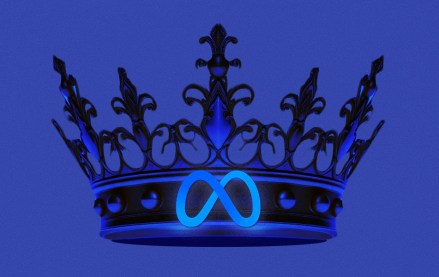Secure your place at the Digiday Publishing Summit in Vail, March 23-25

For a company that revolutionized gaming, Nintendo is finally entering the digital age with its first mobile game. Unfortunately, it’s not a Super Mario Bros. app.
It’s called “Miitomo,” a free-to-play game that revolves around its popular Mii characters in what more closely resembles a messaging app than a platform or racing game. In the game, due out next March, players communicate with their friends using their Mii avatars, à la The Sims without the carnage, as seen here:

Miitomo will connected with user’s home consoles through its new cloud-based service and it’s being monetized through the sale of Mii accessories.
“You might dig up some previously-buried topics of conversation, learn about a surprising side of your friend you’ve never seen before, find things you never knew you had in common,” Nintendo’s president Tatsumi Kimishima said at press conference in Japan this morning.
Miitomo is the first of five smartphone apps Nintendo plans on releasing over the next two years. Yet, it’s weird that its first game isn’t an instantly recognizable brand that could quickly make Nintendo tons of money and have instant recognition, like Donkey Kong or The Legend of Zelda. For now, buying an Nintendo 3DS is the only way to play these titles while on-the-go.
Faced with uneven 3DS sales, Nintendo is slowly realizing that exporting its games to other platforms that it doesn’t manufacture might inject some revenue and life into the company.
Images via Nintendo.
More in Marketing

‘An ethics issue’: Why some creators are re-auditing their brand deals after Hootsuite-ICE controversy
Hootsuite’s partnership with ICE sparked controversy earlier this year, prompting creators to re-examine their brand deals and ethics standards.

Gary Vaynerchuk built his name telling CMOs they were wrong. Now he’s telling their CFOs instead
Gary Vaynerchuk has a new favorite meeting.

As it ramps up push to fund AI bets, Meta makes a new play for agencies
Even in the age of Advantage+, Meta needs agencies.





